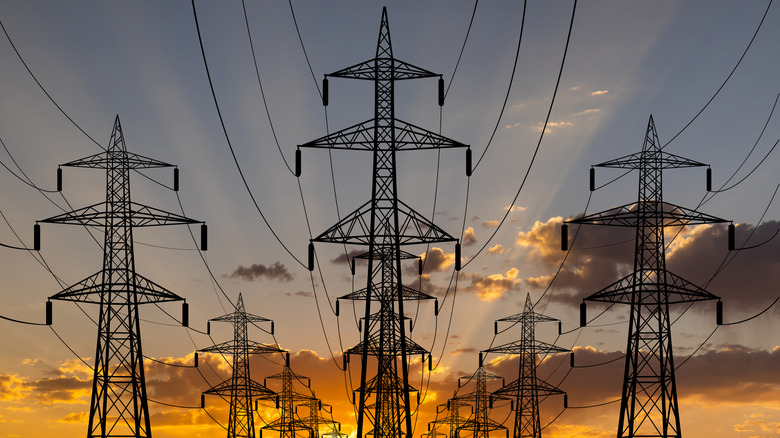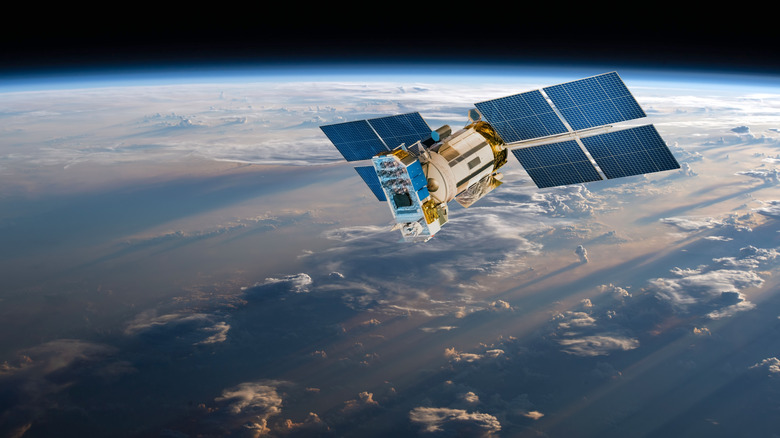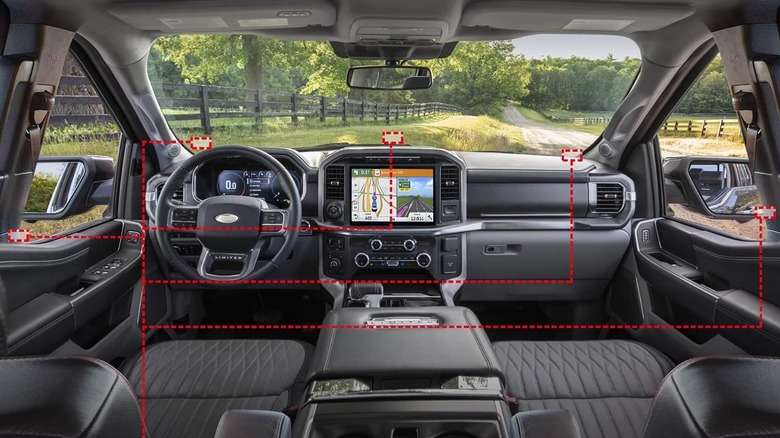Do Power Lines Affect GPS Accuracy?
We may receive a commission on purchases made from links.
Today, the Global Positioning System (GPS) is something that we take for granted. However, while we may think of it as a recent development, the history of GPS can be traced back all the way to 1973. This was the year that the then-named Navstar GPS system was initiated. It wasn't until 1983 that the first non-military use of the system was authorized. This was when President Ronald Reagan opened the system to civilian commercial aircraft. The change was initiated as a direct result of the shooting down of a Korean Air Lines 747 by the Russian Air Force after the jetliner strayed into Russian airspace. A tragedy that could have been prevented had GPS been available to the aircraft. The first public version had its accuracy deliberately "fuzzed" to about 100 meters, accurate enough to stop an airliner from straying but inaccurate enough to make it impractical as a vehicle navigation aid. (100 meters ago, take the next left — is not a useful instruction!)
Move on a few decades, and the picture is radically different. The US Government is committed to the GPS service being accurate to within 6.6 feet (2 meters) with a 95% probability. However, while for the most part, today's GPS will let us know in plenty of time when a junction is approaching, there are still external factors that can affect its accuracy. As we discover here, one of these is the presence of power lines.
GPS signals and powerlines - what's the effect?
There are several factors that can inhibit the accuracy of a GPS signal — terrain and atmospheric conditions are two of the main ones. However, a debated factor is the effect of power lines on GPS. For instance, one experiment placed GPS receivers under live power lines to measure their performance. The test was then repeated with the power lines switched off. The findings showed no evidence of accuracy degradation between the two tests. Another study used a wider range of scenarios to assess the accuracy of GPS beneath high-voltage power lines, this demonstrated that electromagnetic interference could "significantly impair" the performance of GPS.
When it comes to power lines affecting GPS signals, the towers and cables aren't substantial enough to affect the signal. This leaves electromagnetic interference as the main culprit. This isn't surprising as such interference from cell phones and radios can lead to inaccuracies; it's also used to jam GPS signals. However, the strength of the electromagnetic interference has an obvious bearing on its effect, and in the case of power lines, this can be negligible. For instance, a 250 kV power line produces an electrical field with an influence that is minimal at a distance of 30 meters. In short, unless you spend an entire journey traveling under the power line equivalent of a bowl of spaghetti, the presence of power lines is unlikely to have any lasting effect on the accuracy of your GPS.
How to minimize GPS interference
While there is some GPS accuracy degradation attributed to power lines, they are far from being the only culprit and there are some steps you can take to minimize GPS inaccuracies. Perhaps the simplest is to upgrade your car's GPS antenna; there are plenty of cost-effective options, like the Bingfu Waterproof Active GPS antenna, which is available on Amazon. However, always make sure that the antenna you opt for is compatible with your GPS device before you make a purchase. The antenna is critical for a good GPS signal, so if your GPS is on your smartphone, simply moving the phone to have an unobstructed view of the sky can help to improve the signal. Other factors that can help include waiting a few minutes to let the signal lock in properly, installing software updates that can help to improve accuracy, and keeping your GPS device away from devices that can interfere with the signal. Finally, choosing a high-quality GPS device will also help.
Unfortunately, there are some factors that affect GPS performance that can't be controlled. Weather is one of them, although its effect is limited. However, space weather can also have a significant influence on the accuracy (or not) of GPS signals. Ultimately, GPS is incredibly accurate most of the time, and while power lines may have an adverse effect, it's rarely enough to throw off your navigation in any meaningful way.


